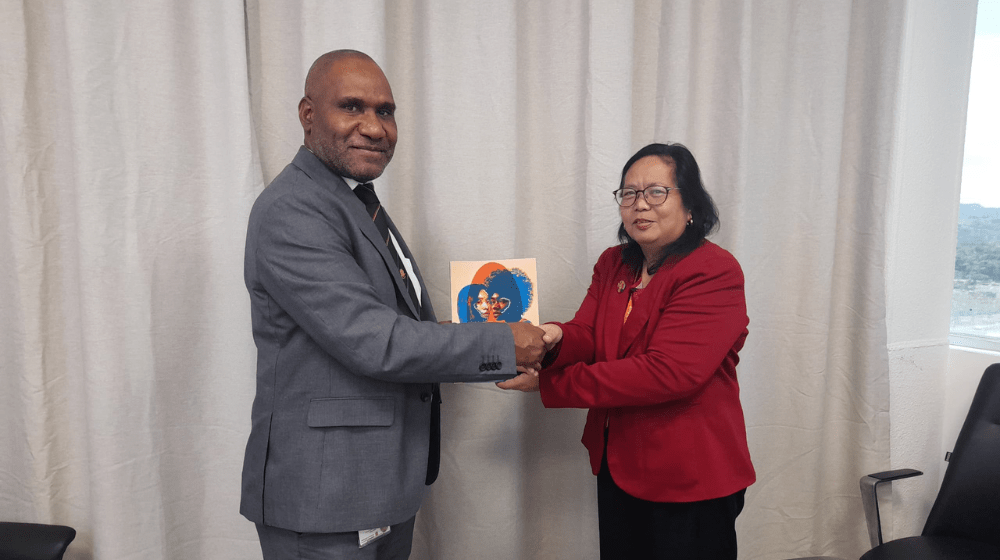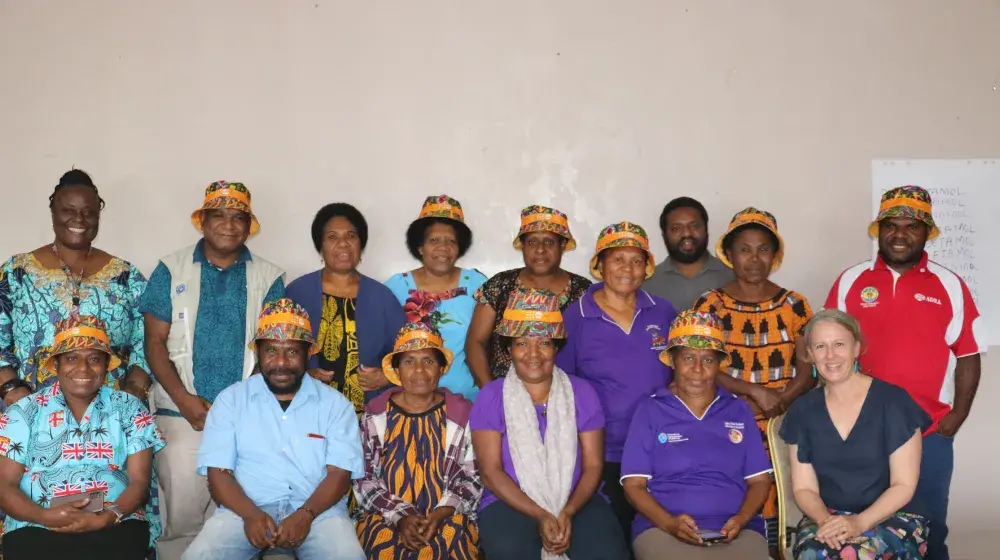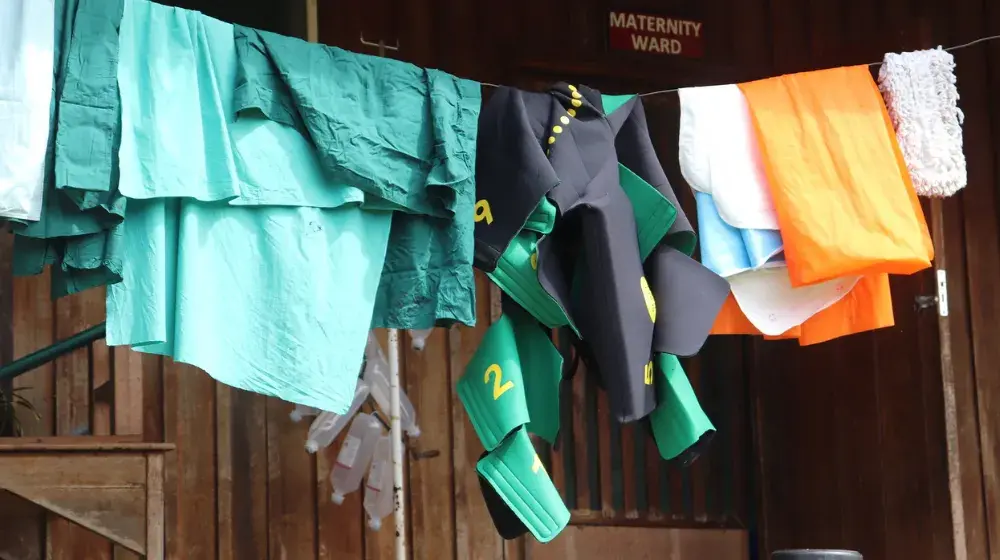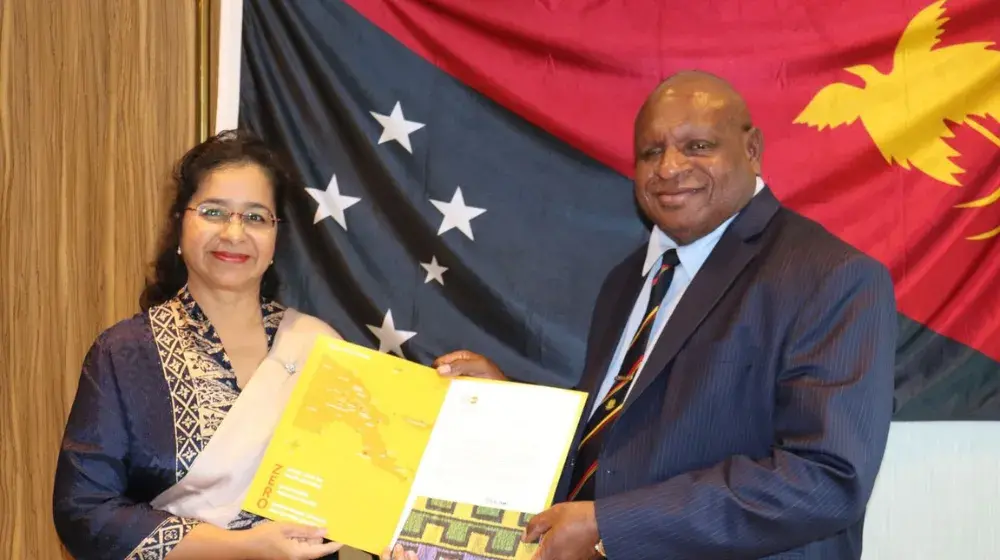The 2024 State of World Population (SWOP) Report by the United Nations Population Fund (UNFPA) marks three decades of progress in sexual and reproductive health and rights (SRHR) since the landmark 1994 International Conference on Population and Development. Yet, these advancements have largely bypassed marginalized women and girls due to persistent racism, sexism, and systemic inequalities. Alarmingly, maternal mortality rates remain stagnant, with 800 women dying daily from childbirth-related complications since 2016.
Entitled “Interwoven Lives, Threads of Hope: Ending inequalities in sexual and reproductive health and rights”, the report metaphorically portrays women as both the thread and needle weaving society’s fabric. UNFPA's Executive Director, Dr. Natalia Kanem, emphasized the urgent need for sustained investments and collective global action to address widening disparities.
“Despite this progress, inequalities within our societies and health systems are widening, and we have not adequately prioritized reaching those furthest behind,” said Dr. Natalia Kanem. “Our work is incomplete, but not impossible with sustained investment and global solidarity".
In Papua New Guinea, the report was introduced through a soft launch co-hosted by the Department of National Planning and Monitoring (DNPM) and UNFPA.
Dr. Rena Dona, UNFPA Deputy Country Representative, speaking at the event, connected the report’s themes to Papua New Guinea’s cultural heritage, drawing parallels with the report’s themes, linking it to the traditional Bilum string bag. Since its inception in 2021, the Bilum campaign has celebrated the vital roles of women in society while advocating for improved reproductive health services. Using the symbolic patterns of the Bilum, the campaign raises awareness about gender equality, puberty, motherhood, and the daily challenges faced by women and girls.
“On behalf of our UNFPA Country Representative, Saira Shameem, I am pleased to extend our gratitude to DNPM for co-launching the SWOP Report 2024 which notes the important role of women,” said Dr. Dona.
The Papua New Guinea government reaffirmed its dedication to advancing SRHR through strategic frameworks, including the National Health Plan (2021–2030) and the Medium-Term Development Plan IV (2023–2027).
“I commend UNFPA for producing this global report, which celebrates 30 years of progress in sexual and reproductive health and rights while highlighting those who remain underserved. The report’s recommendations will guide our efforts to weave a collective path forward on SRHR,” said Mr. Sanja Pepae, First Assistant Secretary for the Macro Planning Division.





